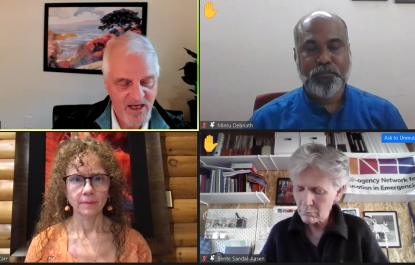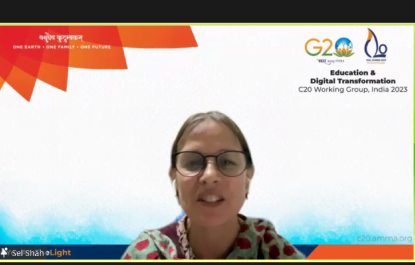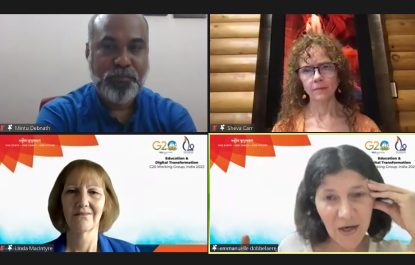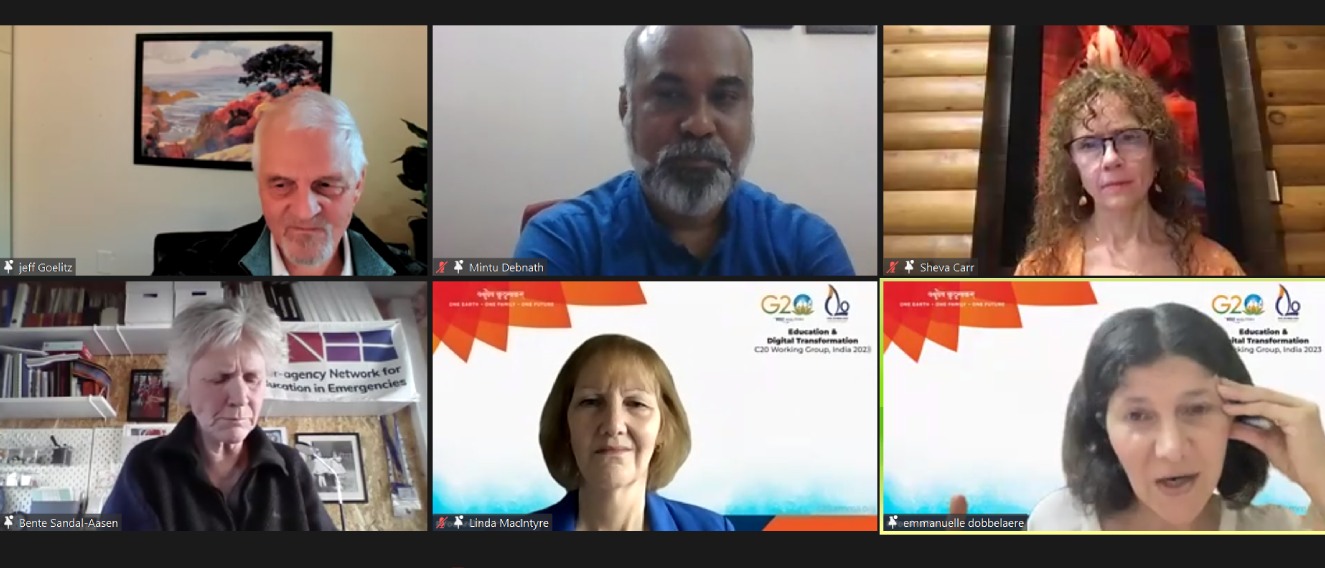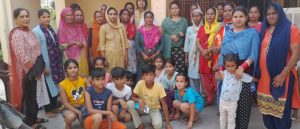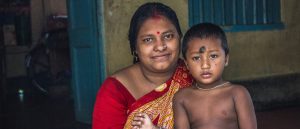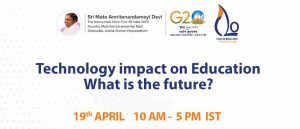The Civil 20 Education and Digital Working Group organized a virtual Policy Dialogue on Education in Emergencies event on April 20, 2023. The event’s objective was to identify challenges faced during emergencies and explore innovative practices and actionable approaches that can address them. Participants from over 19 countries attended the online event. Selina Shah, a Ph.D. scholar at Amrita Vishwa Vidyapeetham, moderated the session.
The panelists were Ms. Sheva Carr, Co-Director, HeartMath Healthcare, UN delegate for UN Peace Messenger; Ms. Linda MacIntyre, Chief Nurse, American Red Cross; Mr. Jeff Goelitz, Director, Education Division of HeartMath Institute; Ms. Bente Sandal-Aasen, Consultant, Interagency Network for Education in Emergencies; Ms. Emmanuelle Dobbelaere, Clinical psychologist, and Post-doctoral Researcher / Lead University of Paris / Psykhe; and Shri. Mintu Debnath, Senior Manager, Project Office (State Lead), Save the Children.
Ms. Sheva Carr said clear communication helps prevent errors and increase effectiveness, and promoting emotional self-regulation can help first responders stay focused and work efficiently. Additionally, she added training people in HRV coherence could help minimize primary and secondary trauma.
Ms. Linda M. MacIntyre recommended that coherence and Heart Rate Variability (HRV) self-regulation training and interconnectivity education must be mandatorily included in the curriculum across levels. She added that first responders and emergency personnel too would benefit from training personnel for more effective response. Another suggestion was to make Heart Rate Variability (HRV) self-regulation tools in universally accessible formats.
Mr. Jeffrey Goelitz said, “If there’s an emergency fight or flight, we teach kids self-regulation skills either with or without technology.” His experience working with the UN showed that learning and applying basic self-regulation skills in refugee camps helped diminish the stress trauma response. He added that first responders worldwide use this technique, which has helped them be more present and reduce secondary trauma.
Ms. Bente Sandal-Aasen highlighted that during emergencies, 95% of the focus must be on the well-being of students and 5% on the subject. She stressed that organizations that can be adopted globally must adopt a common framework. The framework can be contextualized and adapted to local needs but must set minimum standards at the country level.
Ms. Emmanuelle Dobbelaere emphasized that before students return to school post-crisis, it is essential that trauma needs to be addressed first, and then the focus can shift to teaching at school. She said it is imperative to train communities to recognize the signs of trauma, Post Traumatic Stress Disorder (PTSD), and their causes. She emphasized the need to create policies for suicide prevention from a trauma-informed approach, and mental health services are the need of the day.
Shri. Mintu Debnath pointed out that data gaps hinder decision-making and accurate situation assessment. Educational services are the first to be suspended and the last to be restored. According to him, the emergency response must be treated as an essential component in emergency response at the national and local government levels and protocols for preparedness of educational systems focusing on the 3 Cs that stand for climate, conflict, and Covid-19.
